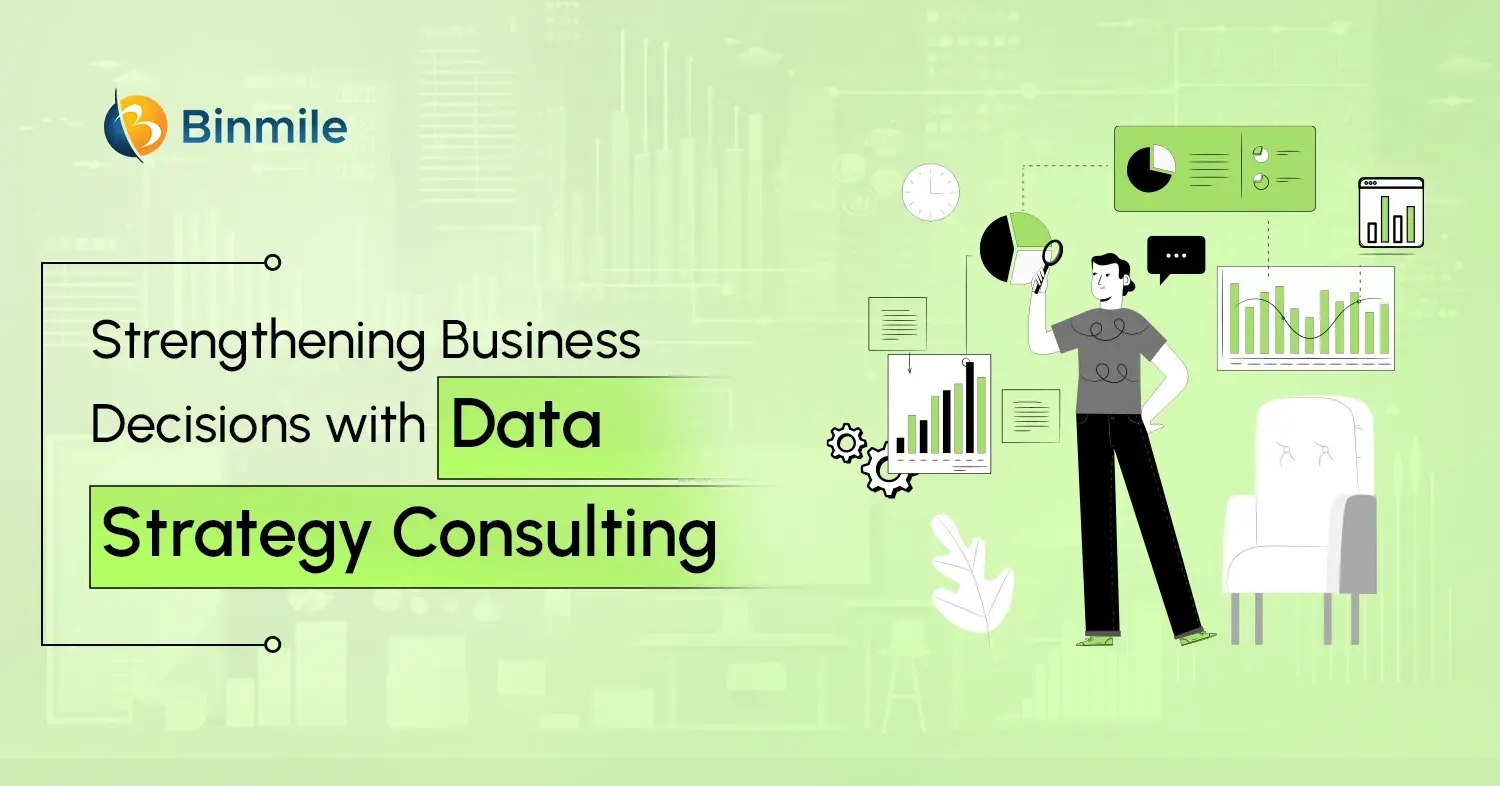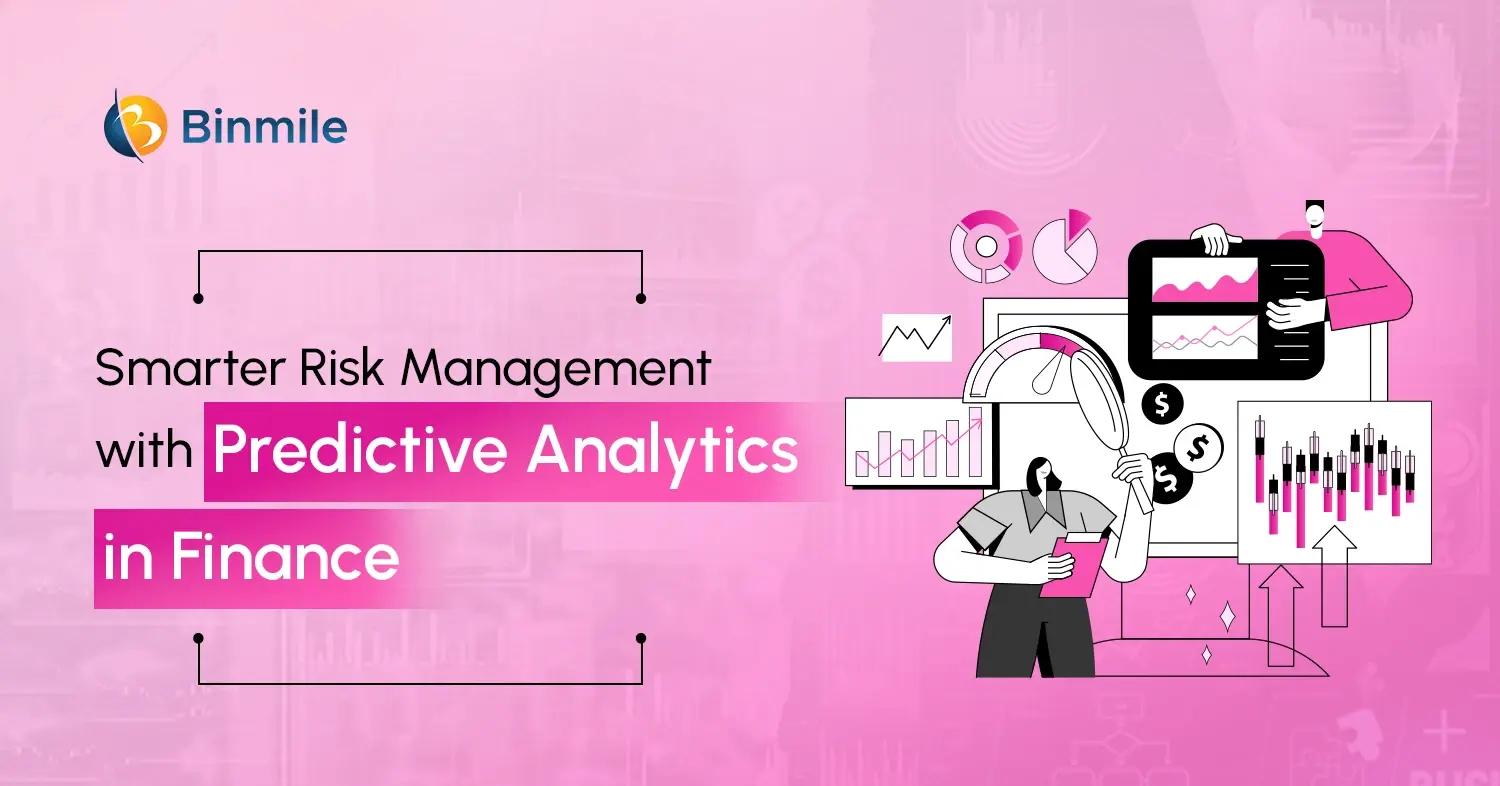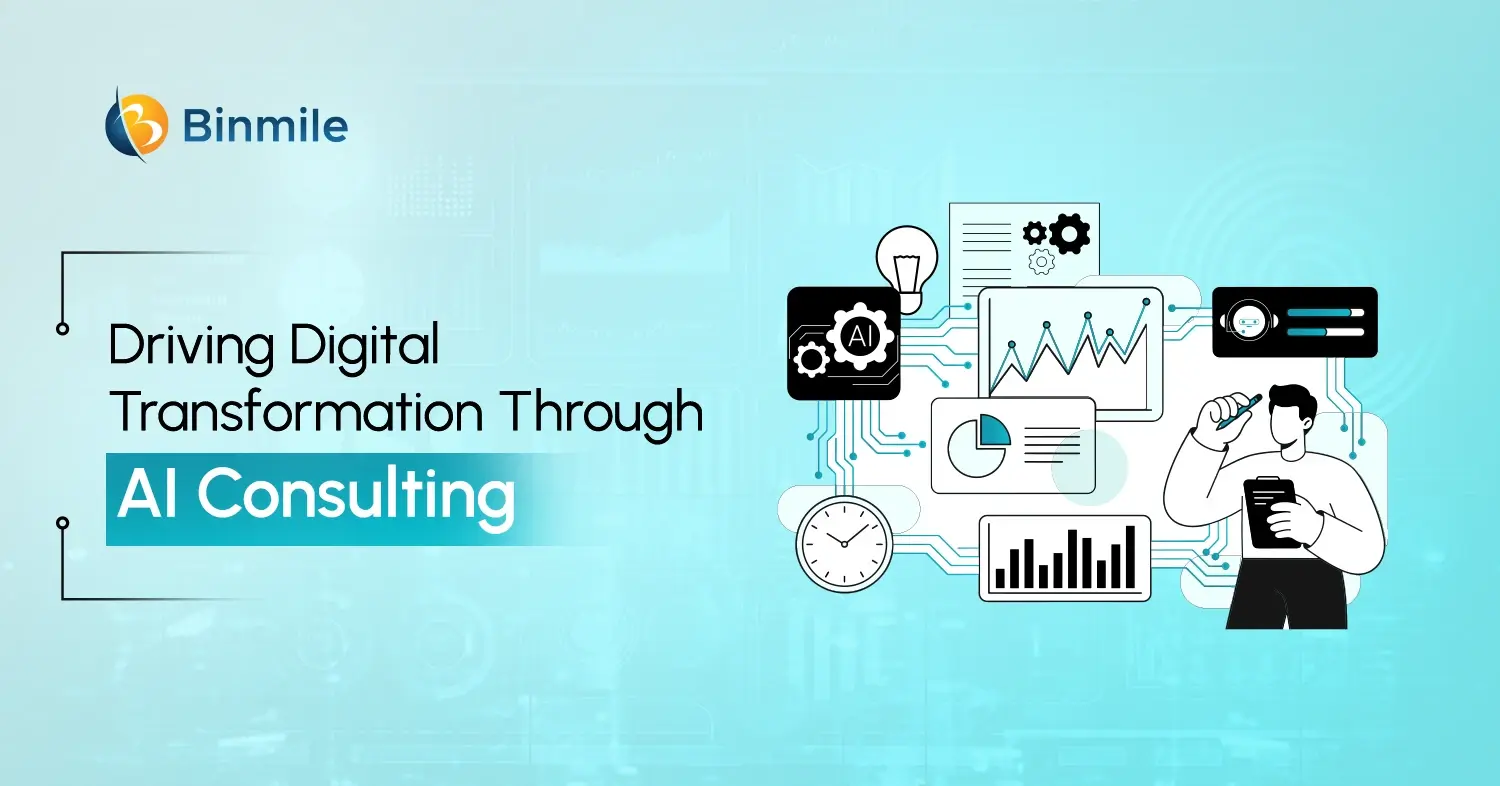Technology advancements have now made it possible to create a reality where education is personalized and every student’s unique needs and learning styles are looked after without much effort. One such technology that has played a crucial role is Data Science. By integrating technology into the learning process i.e. Data science in EdTech, educators are reshaping the education sector. So what is data science? It is a process of collecting data from a range of sources and then transforming this raw data in such a way that meaningful insights can be extracted to solve real-world problems.
Learning institutions such as schools, colleges, and universities gather a huge amount of student data like academic records, assignments grades, exam results, personal interests, cultural interests, etc. to manage and monitor. With the analysis of Big Data and other tools from online learning management systems to educational apps and virtual classrooms, data science empowers educators to develop advanced methods for student learning. So when it comes to using data science in the education industry, it means, harnessing the potential of data analytics, machine learning, AI, or even GenAI Strategy to make education more enhanced, advanced, and accessible.
The question is what are the ways data science is revolutionizing education? How can EdTech leverage data science to offer data-driven learning? Let’s explore the 7 impactful ways data science is enhancing student retention and success. Additionally, we’ll also discuss how to effectively utilize data-driven strategies to pave the way for a more engaging and effective educational experience.
7 Ways Data Science in EdTech Improves Teaching Effectiveness and Student Outcomes

Before we discuss how data science in EdTech influences education, let’s understand what data science means in this context. Think of data science in education as a careful process of gathering, analyzing, and making sense of data. This is done to make informed decisions, transform raw data into valuable insights, and fine-tune the processes to enhance learning outcomes.
Now that we’ve got that covered, let’s dive into how data science is causing quite a stir in education through EdTech.
1. Crafting Personalized Learning
With tailor-made learning experiences, Data science in EdTech acts as a powerful catalyst for enhancing student engagement and comprehension. Adaptive learning platforms have algorithms to meticulously examine students’ progress and finely adjust content delivery. Imagine this scenario: a student does well in one subject while struggling with another. Here, data science in EdTech steps in, by allocating additional resources and customized practice materials to bridge the gaps. This personalized approach ensures that students receive the right support they require at exactly the right moment.
2. Elevating Curriculum Development
Diving deep into historical student performance data empowers educators to identify the strengths, weaknesses, and relevancy of their existing curricula. Data analytics uncovers consistent challenges students face in certain topics, helping educators initiate revision and optimization. Data science in Edtech offers statistical measures and monitoring techniques to analyze industry trends and incorporate relevant subjects into the curricula. Predictive analytics also come into play, helping institutions assess the demand for new skill sets and design courses that meet these evolving needs.
3. Student Early Intervention & Support
Data science in EdTech steps in the early detection of students in need of timely support in terms of social, education, or social skills. Tracking various metrics—attendance, test scores, and engagement levels. By spotting telltale signs of academic distress in real time, educators can swoop in with additional assistance, counseling, or alternative learning pathways. This proactive stance prevents students from falling behind and nurtures a culture of perpetual growth.
4. Teacher’s Data-Driven Professional Development
It’s fundamentally reshaping how educators are skilled and honed. By analyzing teachers’ performance to identify areas of excellence and areas that call for improvement. This helps institutes conduct bespoke data-driven professional development programs, meticulously tailored to address specific needs. Subsequently, it helps educators stand fully equipped to navigate the ever-evolving pedagogical terrain, delivering nothing less than top-tier instruction.
5. Data-Driven Student’s Assessment
Utilizing cutting-edge analytics and data-driven tools, educators can extract deep insights from assessment information. This helps them go beyond scores, thus enabling a holistic comprehension of every student’s development, skills, and areas requiring enhancement. Through the power of data science in Edtech, assessments evolve into dynamic and responsive tools, delivering customized feedback and instructive guides, steering students toward academic success.
6. Crafting Student Success with Predictive Analytics
With the help of predictive analytics models, institutions can gain historical data to monitor student’s performance and behaviors. These models can predict which students need attention, feel disengaged, or which ones are poised to excel in particular subjects. Such invaluable foresight enables educational institutions to successfully execute targeted interventions, extend supplementary resources, and ultimately elevate the overall success rates of their students.
7. Boosting Efficiency in Administrative Processes
By analyzing data related to administrative tasks—enrollment, resource allocation, and scheduling—schools can uncover inefficiencies and make well-informed, data-driven decisions. This saves time and resources, alongside the seamless operations of administrative tasks, and frees educators to devote their time, efforts, and resources to what matters most: teaching and nurturing their students.
5 Tips to Effectively Utilize Data Science in EdTech

Suppose you are looking forward to creating AI-powered app development for EdTech and more effective and engaging learning experiences for students. In that case, this is how you can enhance your educational services:
- Collecting and Integrating Data: Start with collecting important data from various sources within your EdTech platform. This could include student interactions, assessments, and user behavior. It’s crucial to ensure the integrity and compatibility of the data by integrating different data streams into a unified system.
- Utilizing Advanced Analytics & Machine Learning: Utilize various data science courses, data analytics, and machine learning development to extract valuable insights from the preprocessed data. Predictive analytics can be particularly useful in identifying patterns, trends, and areas where improvements can be made in teaching methods, content delivery, or student support.
- Personalization & Recommendations: Data Science in EdTech enables you to create personalized learning experiences. By developing algorithms that recommend content, assignments, or study paths, educators can tailor lessons to individual students’ strengths and weaknesses.
- User Training and Support: To maximize the benefits of the platform’s data-driven capabilities, it’s important to provide comprehensive training materials, tutorials, and resources. By offering robust training and support, institutions can enhance user’s confidence and experience. This will ultimately optimize the platform’s impact on providing education.
- Continuous Improvement and Feedback Loop: Establish a feedback loop for continuous improvement of the mobile app development. The development team should monitor the impact of data-driven changes on student engagement and outcomes. This will help them refine the EdTech platform accordingly. Conducting regular updation of algorithms and strategies enables your app to adapt to evolving educational needs.
Forecasting Data Science in EdTech: Challenges and Future Trends

There’s no doubt that data science in EdTech has immense potential as the technology continues to advance. As a result, we can expect even more state-of-the-art impacts that data science will bring to the education industry. For instinct, we can look forward to an introduction of AI-powered chatbots for student support. Secondly, immersive VR learning experiences and enhanced assessments provide richer insights into student capabilities.
While data science holds immense potential in education, it also comes with challenges. Some notable concerns are security, data quality issues, and the need for ongoing training. As data science in EdTech becomes more integrated, it’s essential to address any ethical or privacy-related considerations. Thus, EdTech providers must adopt robust data privacy, security, and governance policies to protect students and faculty members’ data and their privacy.
Also Read : Generative AI in Education
Let’s Reshaping Education with Binmile
As our technological advancements continue to evolve, so do the innovative ways we incorporate technology into our daily routines, aiming to reduce stress and simplify tasks. One area where these advancements have been particularly impactful is the presence of data science in EdTech. It has and continues to reshape the education landscape in profound ways. Its impact is undeniable from curriculum development to personalized learning experiences, early intervention to predictive analytics.
However, as we harness the power of data science, it’s crucial to remain vigilant about ethical considerations and data privacy. To navigate these challenges, an Intelligent app development company can help you. Using their expertise you can leverage the power of data, enhance efficiency, boost revenue, and bolster security for businesses. Simultaneously, they can empower you to boost digital literacy and offer solutions to support students in their educational journey.









